At the threshold of a new year, at the nexus of Eurasia, in the geography of AVİM’s interest covering the Balkans, the Caucasus, the wider Black Sea basin and Central Asian republics, we forecast entering an era where we see in the horizon dark clouds as well as rays of hope.
By the end of the Cold War, as the “Iron Curtain” lifted also to its east, Turkey was able to establish its natural bonds with the Caucasus and Central Asian republics. This has brought about an enrichment to Turkey’s potential, to its strong and pivotal place in the Western alliance and its European identity by a complimentary “Asian” identity, something unique and unmatchable. As such, Turkey has become a country to embody the evolution of the Eurasian concept.
This rich potential of Turkey has engendered some doubts, even led to efforts to obfuscate or impede it, as witnessed to in the recent past. So, however irrational, it should not be unwarranted to witness a continuation of this mentality, where instead of a mutual win-win approach, a “don’t let Turkey win” approach will come to the fore.
The ultimate aim and resolve of Turkey to bring to a successful end its negotiating process for membership with the European is not expected to change. On the other hand, there is an undeniable appearance that the EU does not share this will equally, that it does not shy away from creating obstacles, even at the expense of violating own principles. However, in the light of the new situation in the global balances, the evolving Eurasian geopolitics, the recognition by the EU of the risks and unsustainability of becoming a self-centered fortress with a limited number of members makes, one thinks that it would affect EU’s look on relations with Turkey.
The harmonisation of differing viewpoints and differences with the United States, an ally that plays an important and effective role in the region, is expected to take time. The toleration accorded to propaganda against Turks and Turkey by fringe groups in the US and worse still, their resonance with top politicians do not augur well for prompt amelioration. Nevertheless, the hope and expectation that common sense will prevail is still there.
The new year is also expected to bring about the acknowledgement that policies to cast Turkey, a full-fledged Balkan country, outside the Balkans cannot succeed, that the initiatives by some powerful members of the EU to shape the Balkan geography according to own interests will be understood to be wrong. A similar mistaken policy carried out in the Caucasus by not recognising legitimate rights of Azerbaijan, not reacting to the illegal occupation of its territory, tolerating occupation by freezing the situation to gain time to perpetuate the occupation, has led to a conclusion that has been a total disaster for those responsible of such policies.
The double headed eagle, one gazing the East, the other the West, has long been a historical symbol of Anatolia. The emergence of 8 new republics in the South Caucasus and Central Asia, and more recently, the new situation in the South Caucasus following the war in Karabagh have ushered in new possibilities for regional cooperation and communications. Fully conscious of this regional and beyond potential, Turkey shows its readiness to assume responsibility. The steps taken in this direction in the past year are expected to be further augmented. In this context, the following appear to be in the agenda: the regional cooperation process in the Caucasus, dubbed as 3+3, which held its first meeting in Moscow; the revitalisation of the Economic Cooperation Organisation, with 10 members and Secretariat in Tehran, and which held its summit meeting in Turkmenistan; the process which evolved from the Turkic Council to the Organization of Turkic States in its summit meeting in Istanbul and the implementation of its vision paper of 2040; and the development of China’s “Belt and Road Initiative” (BRI), historically familiar as the “Silk Road”, to improve mutual connections.
This central area of Eurasia where Turkey is located is at the same time a theater where diverse interests compete. The Turkish geography can also be depicted as a massive peninsula circumscribed by four seas- the Black Sea, the Marmara, the Aegean, and the Mediterranean. The Black Sea to the north particularly comes to the fore as being prone to become vulnerable to security concerns. The Aegean to the west continues to be a source of conflict mainly due to efforts to restrict Turkey’s access to open seas as well as territorial claims. As of late, it is being witnessed that this approach is being designed to be expanded also to the Mediterranean in the south. To sum it up, in the coming period, next to a big potential and means, Turkey also ought to be prepared to face serious obstructions and restrictions.
© 2009-2025 Center for Eurasian Studies (AVİM) All Rights Reserved

 WHERE DO ARMENIA AND ARMENIANS GO WRONG – A NEW YEAR’S WISH
WHERE DO ARMENIA AND ARMENIANS GO WRONG – A NEW YEAR’S WISH
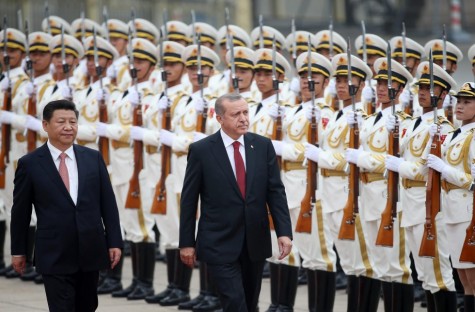 CLOSER COOPERATION BETWEEN CHINA AND TURKEY
CLOSER COOPERATION BETWEEN CHINA AND TURKEY
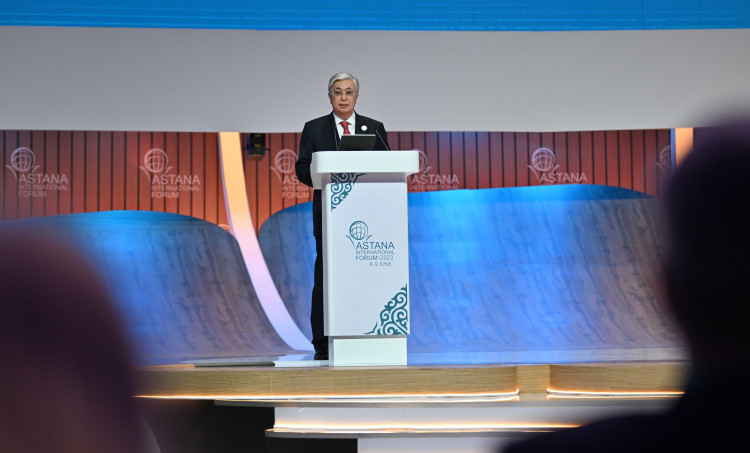 DISPLAYING THE ‘NEW KAZAKHSTAN’ IN THE GLOBAL POLITICAL SYSTEM: THE ASTANA INTERNATIONAL FORUM
DISPLAYING THE ‘NEW KAZAKHSTAN’ IN THE GLOBAL POLITICAL SYSTEM: THE ASTANA INTERNATIONAL FORUM
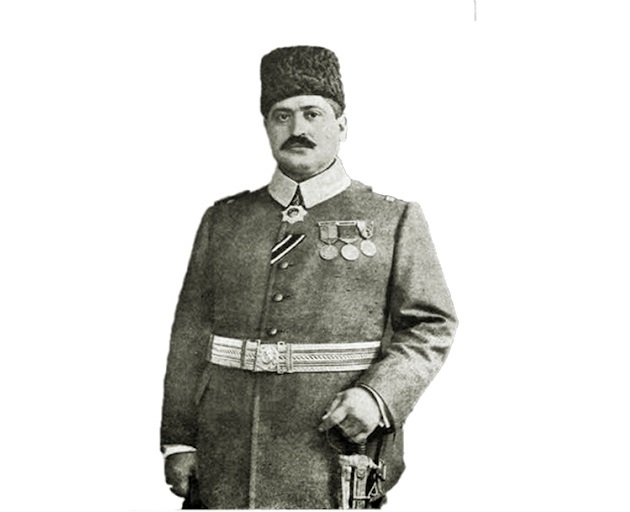 DR. PAT WALSH’S RECENT ARTICLE ON THE TALAT PASHA QUESTION
DR. PAT WALSH’S RECENT ARTICLE ON THE TALAT PASHA QUESTION
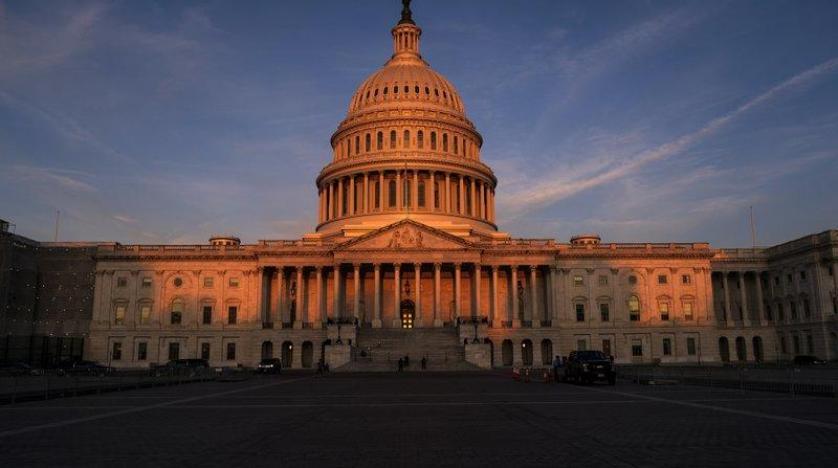 RESOLUTIONS ON 1915 CAME ONE AFTER ANOTHER FROM U.S. SENATE
RESOLUTIONS ON 1915 CAME ONE AFTER ANOTHER FROM U.S. SENATE
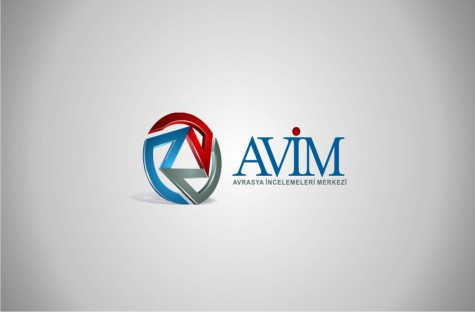 A HYPOCRITICAL CALL FOR INTER-RELIGIOUS DIALOGUE
A HYPOCRITICAL CALL FOR INTER-RELIGIOUS DIALOGUE




























